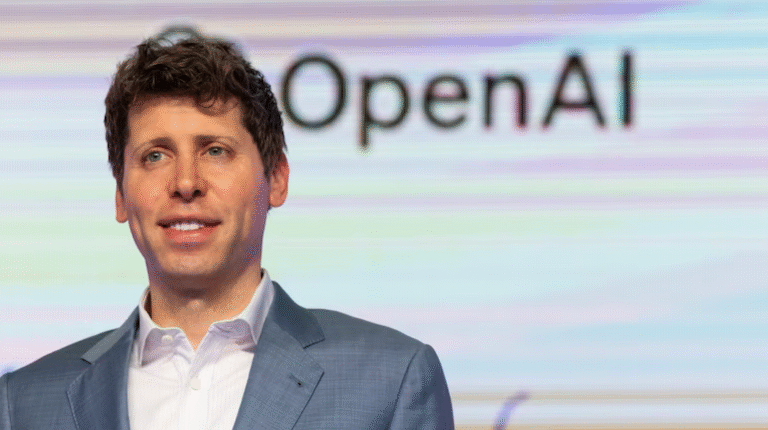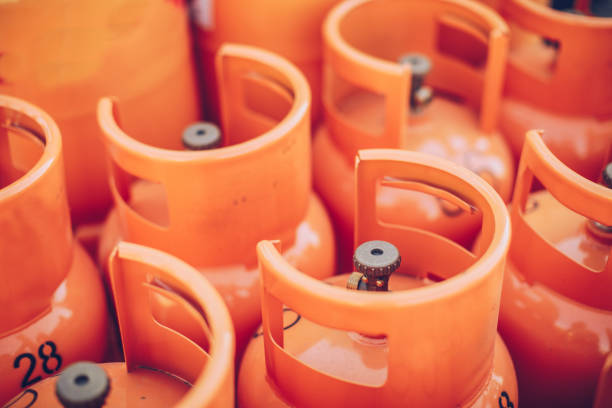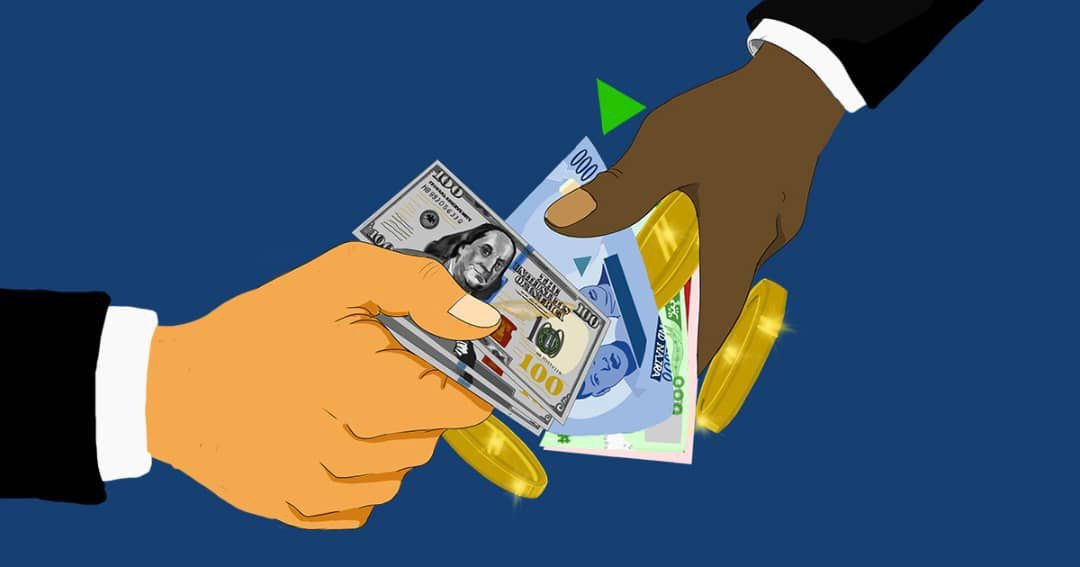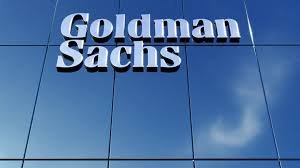Chief R.O. Balogun, a Senior Advocate of Nigeria, has approached the Federal High Court in Ilorin, Kwara State, to challenge a segment of the 2020 VAT Modification Order. This order, signed by former Finance Minister Zainab Shamsuna Ahmed, clarified that while basic food items are exempt from VAT, this exemption does not apply when these items are sold in restaurants, hotels, and similar venues. ‘Basic food items are exempt from VAT but foods sold in restaurants, hotels, eateries, lounges or supplied by contractors, caterers and other similar vendors are liable to VAT. This is according to the new VAT Modification Order issued by the government.’
Plaintiff’s Case
Balogun is seeking to nullify a part of the VAT Modification Order 2020 that mandates VAT collection on basic food items in hospitality settings, arguing it contradicts the VAT Act’s exemptions for these items. He further claims that this rule is unconstitutional and has named the EFCC and the Attorney General in his lawsuit.
EFCC’s Role and Alleged Overreach
Balogun accuses the EFCC of overstepping by demanding VAT remittance details from his client, Ibigbemi Oloruntobi, the owner of Item 7 Go, under a money laundering investigation pretext.
He asserts that not collecting VAT on basic foods does not equate to tax evasion or an economic crime, and that the EFCC lacks the authority to probe VAT compliance.
He is also seeking judicial protection from what he describes as EFCC’s harassment towards his client and his business, arguing that the failure to collect VAT is not an economic crime’
Jurisdictional Arguments:
Balogun insists that any investigation into VAT compliance should be conducted by the Federal Inland Revenue Service (FIRS), not the EFCC, and any recovery of uncollected VAT should be pursued through civil means in the appropriate court or tax tribunal.
Current Situation
According to court documents examined by Nairametrics, Item 7 Go has been summoned by the EFCC for questioning, with demands for banking and personal financial details.
The EFCC’s Special Control Unit Against Money Laundering (SCUML) is looking into potential non-compliance with anti-money laundering laws by the company.
The case is set for a hearing on March 3, 2025, where the court will decide on the legality of VAT on food in hospitality settings and the EFCC’s actions.





















